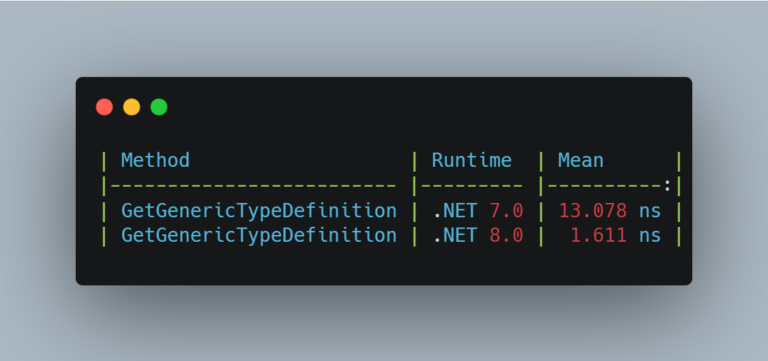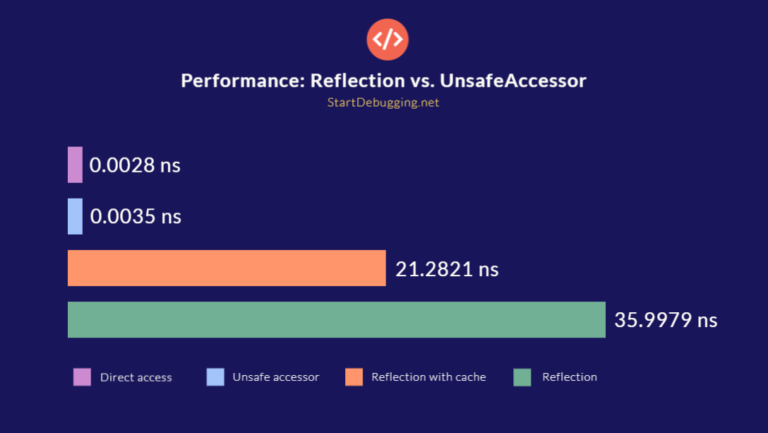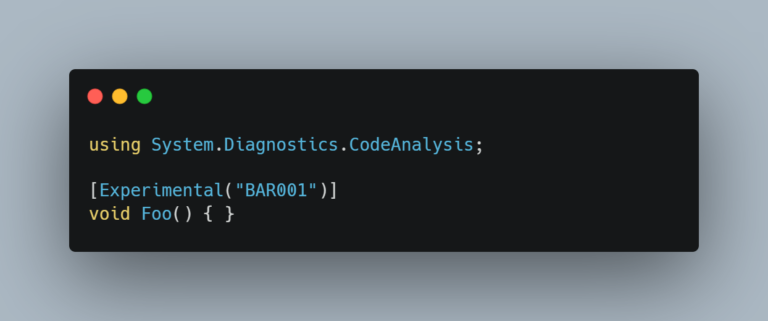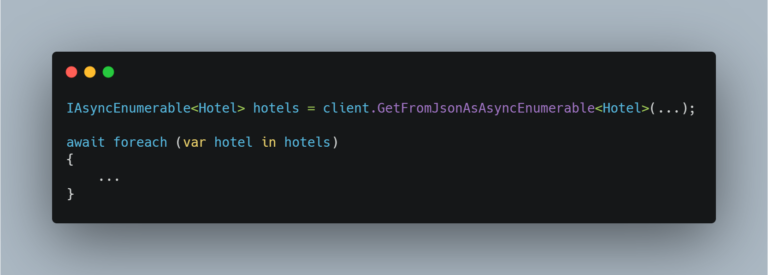How to: Add AdMob to your MAUI app
One of the first things people think about when developing for a new platform / using a new technology is monetization; and in my case the question is: how easy is it to integrate AdMob? For .NET MAUI the answer would be: “It depends” – it depends on luck & on the complexity of what…



